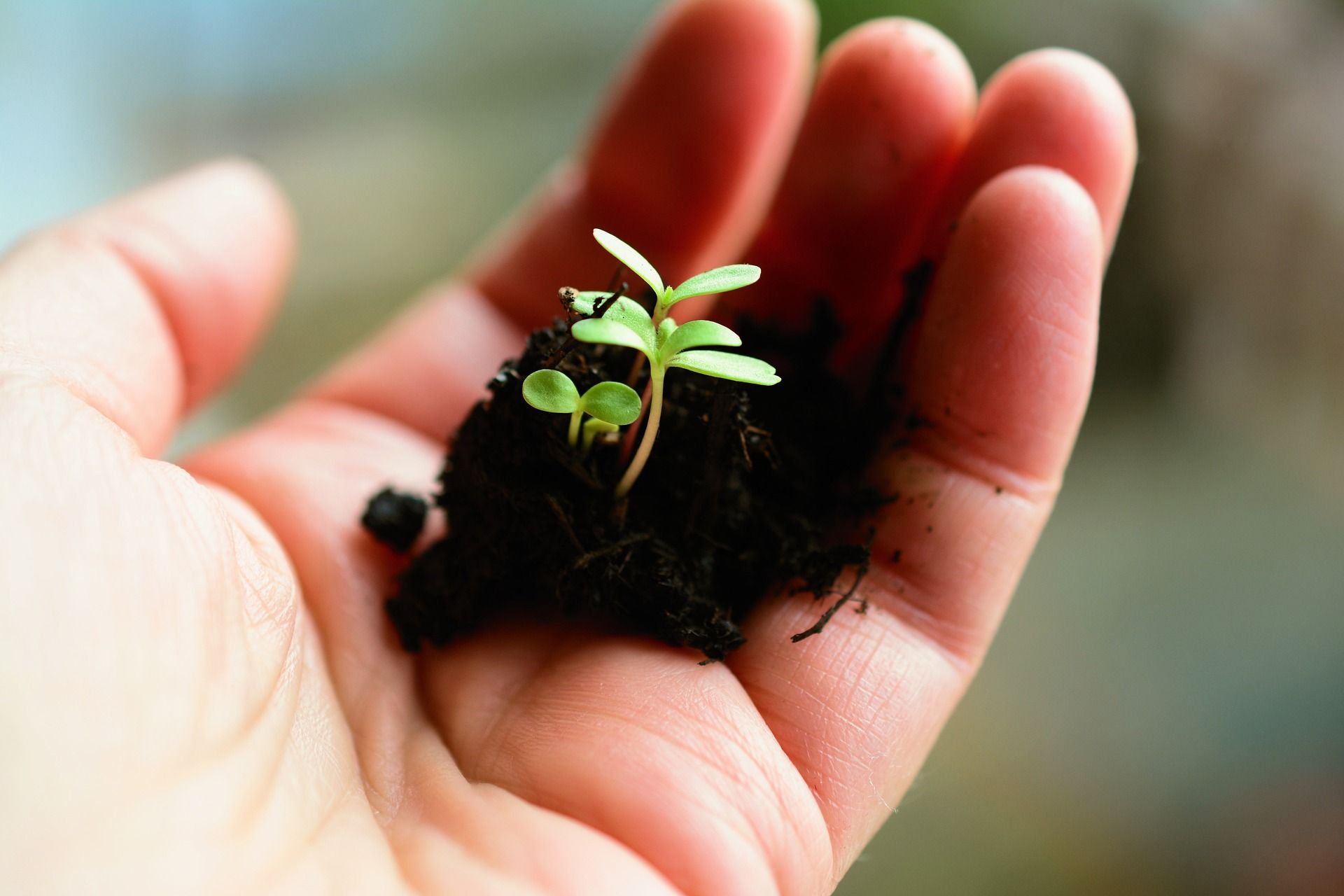The Science Behind Healthy Soil: Understanding the Role of Microorganisms in Plant Health

The health of plants is directly related to the health of the soil they grow in. While soil may seem like an inert substance, it is actually teeming with life in the form of microorganisms. These microscopic creatures play a vital role in maintaining soil fertility, nutrient cycling, and ultimately, the growth and productivity of plants. In this article, we will explore the biology of soil microorganisms and their relationships to plant health and nutrition.
The Basics of Soil Microorganisms
Soil microorganisms are a diverse group of living organisms that inhabit the soil environment. They include bacteria, fungi, protozoa, nematodes, and other small creatures. These organisms play important roles in breaking down organic matter, releasing nutrients, and decomposing plant debris. They also help to control disease-causing organisms and promote healthy soil structure.
Bacteria
Bacteria are some of the most common and important microorganisms in soil. They play a crucial role in nutrient cycling by converting organic matter into forms that plants can use. Some types of bacteria can fix atmospheric nitrogen, making it available for plant uptake. They also help to suppress soil-borne pathogens and promote plant growth.
Fungi
Fungi are another important group of microorganisms in soil. They play a key role in breaking down complex organic compounds and releasing nutrients. They also form symbiotic relationships with plant roots, in which they exchange nutrients for carbon. Mycorrhizal fungi, for example, can increase plant uptake of phosphorus, a nutrient that is often limited in soil.
Protozoa
Protozoa are single-celled organisms that feed on bacteria and other microorganisms. They play an important role in regulating the populations of other soil organisms and in releasing nutrients. They also help to maintain soil structure and porosity.
Nematodes
Nematodes are small, worm-like creatures that live in soil. Some types of nematodes feed on bacteria and fungi, while others are parasitic and can cause plant diseases. However, many nematodes are beneficial to plants, as they help to release nutrients and improve soil structure.
The Importance of Soil Health for Plant Nutrition
Soil microorganisms play a critical role in maintaining soil health and fertility, which is essential for plant growth and nutrition. Healthy soil is characterized by a diverse and abundant population of microorganisms, which work together to break down organic matter, cycle nutrients, and maintain soil structure. Without these microorganisms, soils can become depleted of nutrients, compacted, and prone to erosion and disease.
Tips for Promoting Healthy Soil and Plant Growth
To promote healthy soil and plant growth, it is important to support the activity of soil microorganisms. Here are some tips for doing so:
- Add organic matter to the soil: Organic matter is an important source of nutrients and energy for soil microorganisms. Adding compost, manure, or other organic materials to the soil can help to support their activity.
- Use cover crops: Cover crops can help to suppress weeds, improve soil structure, and provide food for soil organisms. Legumes, in particular, can fix nitrogen and help to build soil fertility.
- Rotate crops: Crop rotation can help to reduce the build-up of soil-borne pathogens and promote the growth of beneficial microorganisms.
- Avoid chemical pesticides and fertilizers: Chemical pesticides and fertilizers can kill or inhibit soil microorganisms. Using natural alternatives, such as compost tea and organic fertilizers, can help to support their activity.
Soil microorganisms play a vital role in maintaining soil health and promoting plant growth and nutrition. By understanding their biology and relationships to plant health, gardeners can take steps to promote healthy soil and a thriving garden. Incorporating organic matter, reducing tillage, avoiding overuse of pesticides and synthetic fertilizers, and practicing crop rotation are just a few ways to support the complex web of soil microorganisms. By taking care of the soil, gardeners can reap the benefits of a more sustainable and productive garden.
The study of soil microorganisms is an exciting and rapidly evolving field that offers valuable insights into the complex relationships between plants, soil, and the wider ecosystem. By nurturing the diverse communities of microbes that live in healthy soil, gardeners can improve the health and productivity of their gardens, while also contributing to the health of the planet.
